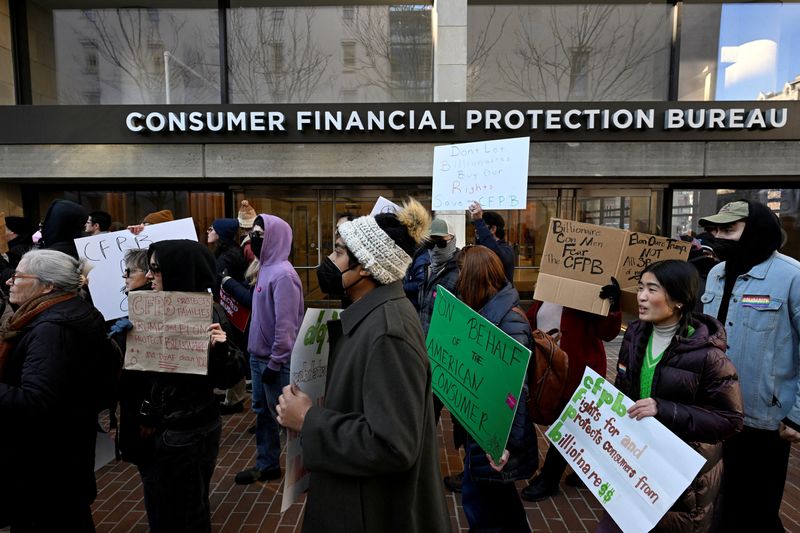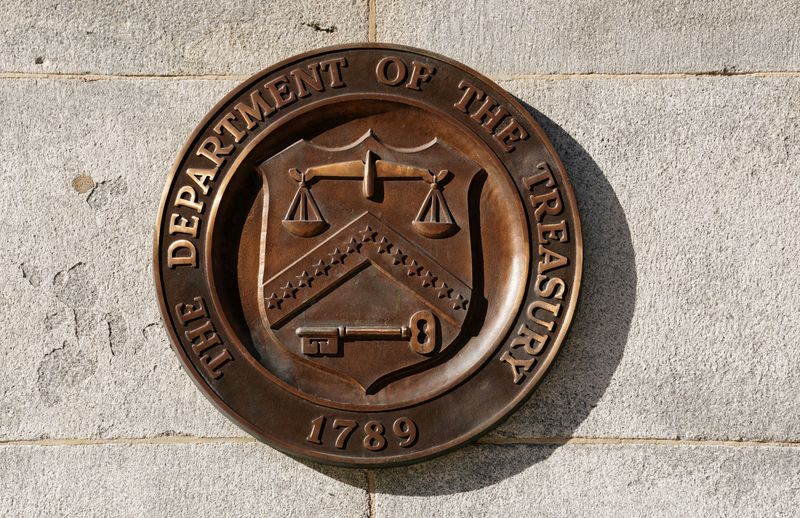An American Depository Receipt, also known as an ADR, is a security that represents shares of stock in a foreign company that are deposited with a bank in the United States. ADRs make it easier for investors to own shares of foreign companies because they don’t have to go through the process of setting up a foreign account and transferring money overseas. In this blog post, we will discuss how ADRs work and some of the benefits they offer.
How American Depository Receipts work?
ADRs are created when a foreign company decides to list its shares on a U.S. stock exchange. The shares are then deposited with a bank in the United States. The bank will then issue an ADR for each share of stock that is deposited. These ADRs can be traded on U.S. exchanges just like any other security.
The benefits of American Depository Receipts
There are several benefits that come with owning ADRs. First, they offer investors a convenient way to invest in foreign companies without having to set up a foreign account. Second, ADRs are denominated in U.S. dollars, which eliminates the need to convert foreign currencies. Finally, ADRs are subject to U.S. securities laws, which offer investors a certain level of protection.
What are the risks of investing in American Depository Receipts?
As with any investment, there are always some risks involved. For instance, ADRs may be suspended or delisted from U.S. exchanges if the foreign company fails to meet certain requirements. In addition, the value of an ADR may fluctuate due to changes in the exchange rate between the U.S. dollar and the foreign currency.
Before investing in ADRs, be sure to do your research and understand the risks involved.
Types of American depositary receipt
There are two types of American Depositary Receipts: sponsored and unsponsored.
A sponsored ADR is created when a foreign company works with a U.S. bank to list its shares on a U.S. stock exchange. The foreign company must meet certain requirements in order to be eligible for a sponsored ADR.
An unsponsored ADR is created when a foreign company’s shares are deposited with a U.S. bank without the company’s involvement. Unsponsored ADRs are less common than sponsored ADRs.
Example of American depository receipts
Some examples of companies that have ADRs include Sony (SNE), BP (BP), and Volkswagen (VLKAY).
American depository receipts ETF
There are also exchange-traded funds (ETFs) that invest in a basket of ADRs. These ETFs offer investors a convenient way to diversify their portfolios and gain exposure to a variety of foreign companies.
Some examples of ADR ETFs include the SPDR S&P International Dividend ETF (DWX) and the iShares International Select Dividend ETF (IDV).
Conclusion
American Depository Receipts offer investors a convenient way to invest in foreign companies without having to set up a foreign account. They also provide some level of protection due to U.S. securities laws. However, there are some risks involved with investing in ADRs, such as the possibility of delisting from U.S. exchanges or fluctuations in value due to changes in currency exchange rates. Before investing in ADRs, be sure to do your research and understand the risks involved.
You can also invest in a basket of ADRs through an exchange-traded fund (ETF). This offers a convenient way to diversify your portfolio and gain exposure to a variety of foreign companies. Some examples of ADR ETFs include the SPDR S&P International Dividend ETF (DWX) and the iShares International Select Dividend ETF (IDV).
Further questions
What's your question? Ask it in the discussion forum
Have an answer to the questions below? Post it here or in the forum




